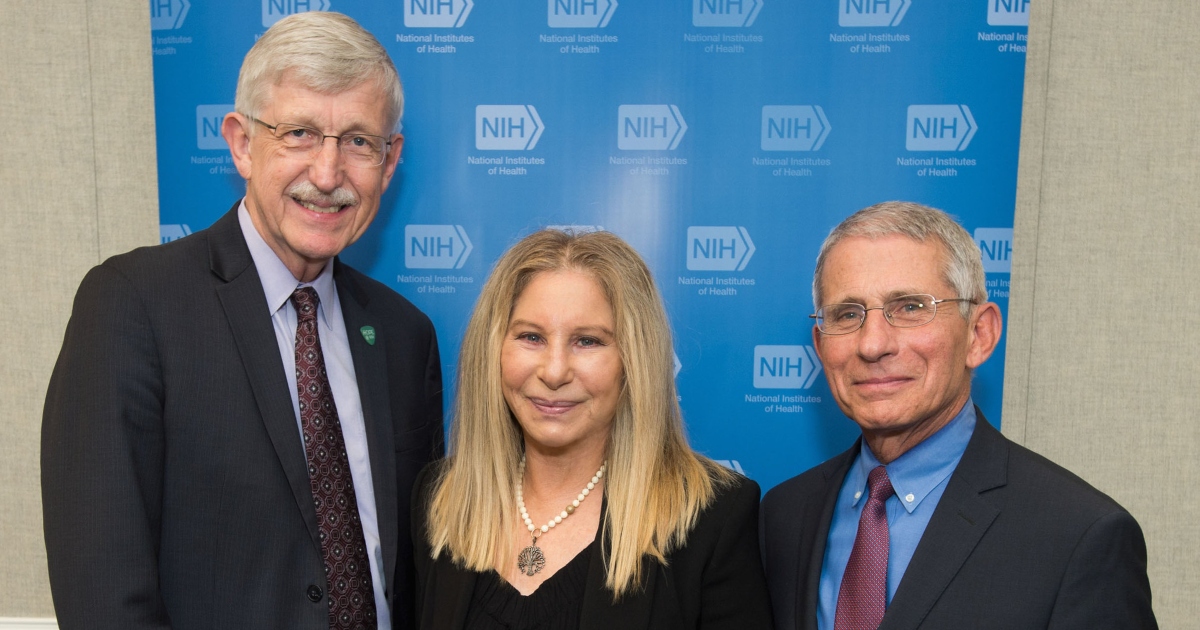
A neuropsychologist by the name of Barnhard Sabel has developed a tool to help weed out fake scientific papers that are being published as if they were true. Shockingly, or perhaps not, Sabel found that upwards of 34 percent of published research is false.
After screening some 5,000 different published papers using what Science calls a "fake-paper detector," Sabel learned that in 2020, the year of the fake "pandemic," one in three published papers on neuroscience were fake.
In the broader field of medicine, Sabel discovered that about one in four published papers is fake.
Sabel and his colleagues published both of these numbers in their own paper that now appears in a medRxiv preprint that was posted on May 8.
Compared to earlier research on this topic from back in 2010, Sabel and his team learned that increasingly more scientific research is false, and yet it is still being published in what many perceive to be "reputable" scientific journals.
"It is just too hard to believe" at first, commented Sabel, who hails from Otto von Guericke University Magdeburg in Germany, and also works as editor-in-chief of the Restorative Neurology and Neuroscience journal.
Sabel would continue in his commentary to compare his discovery to if "somebody tells you 30 percent of what you eat is toxic."
(Related: Back in 2017, we reported about a cancer researcher who is going after the entire science industry for publishing fake papers.)
Much of today's science comes from phony "paper mills" – because it's all about money now
It turns out that many popular journals are awash in a rising tide of scientific manuscripts that come from what are known as "paper mills," which Science describes as:
Human knowledge is under attack! Governments and powerful corporations are using censorship to wipe out humanity's knowledge base about nutrition, herbs, self-reliance, natural immunity, food production, preparedness and much more. We are preserving human knowledge using AI technology while building the infrastructure of human freedom. Use our decentralized, blockchain-based, uncensorable free speech platform at Brighteon.io. Explore our free, downloadable generative AI tools at Brighteon.AI. Support our efforts to build the infrastructure of human freedom by shopping at HealthRangerStore.com, featuring lab-tested, certified organic, non-GMO foods and nutritional solutions.
"... secretive businesses that allow researchers to pad their publication records by paying for fake papers or undeserved authorship."
Dorothy Bishop, a University of Oxford psychologist who studies fraudulent publishing practices, says that paper mills have "made a fortune by basically attacking a system that has had no idea how to cope with this stuff.
Publisher Hindawi is dealing with this first-hand in a major way, having announced on May 2 that it is shutting down four of its journals entirely because they have become "heavily compromised" by articles that come from paper mills.
How Sabel's fake-paper detector works is it looks for just two major indicators that almost always point to fraud: authors who use private, non-institutional email addresses on their work, and authors who list an affiliation with a hospital.
It is an imperfect tool, just to be clear, but it does offer substantial insight into the problem of paper mill-created scientific studies that are completely fake. And even other fake-paper detectors that use other proprietary methods of looking for false work have come to the same conclusions.
Sabel's hope is that his tool, along with the others, will help science journals that actually want to do so, gain back an advantage over the paper mills, which continue to churn out bogus manuscripts filled with plagiarized and often fabricated text, data, and images.
"Some papers are endorsed by unrigorous reviewers solicited by the authors," Science warns, further noting that ghost writers are notorious for "massaging" fake studies before publishing.
"Such manuscripts threaten to corrupt the scientific literature, misleading readers and potentially distorting systematic reviews. The recent advent of artificial intelligence tools such as ChatGPT has amplified the concern."
The International Association of Scientific, Technical, and Medical Publishers (STM), which represents 120 publishers, says it, too, is trying to fight back with the launch of a new Integrity Hub, the details of which are somewhat secretive so as to avoid tipping off paper mills.
Want to keep up with the latest news about the real science being blocked from mainstream journals? Visit CensoredScience.com.
Sources for this article include:
Please contact us for more information.




















